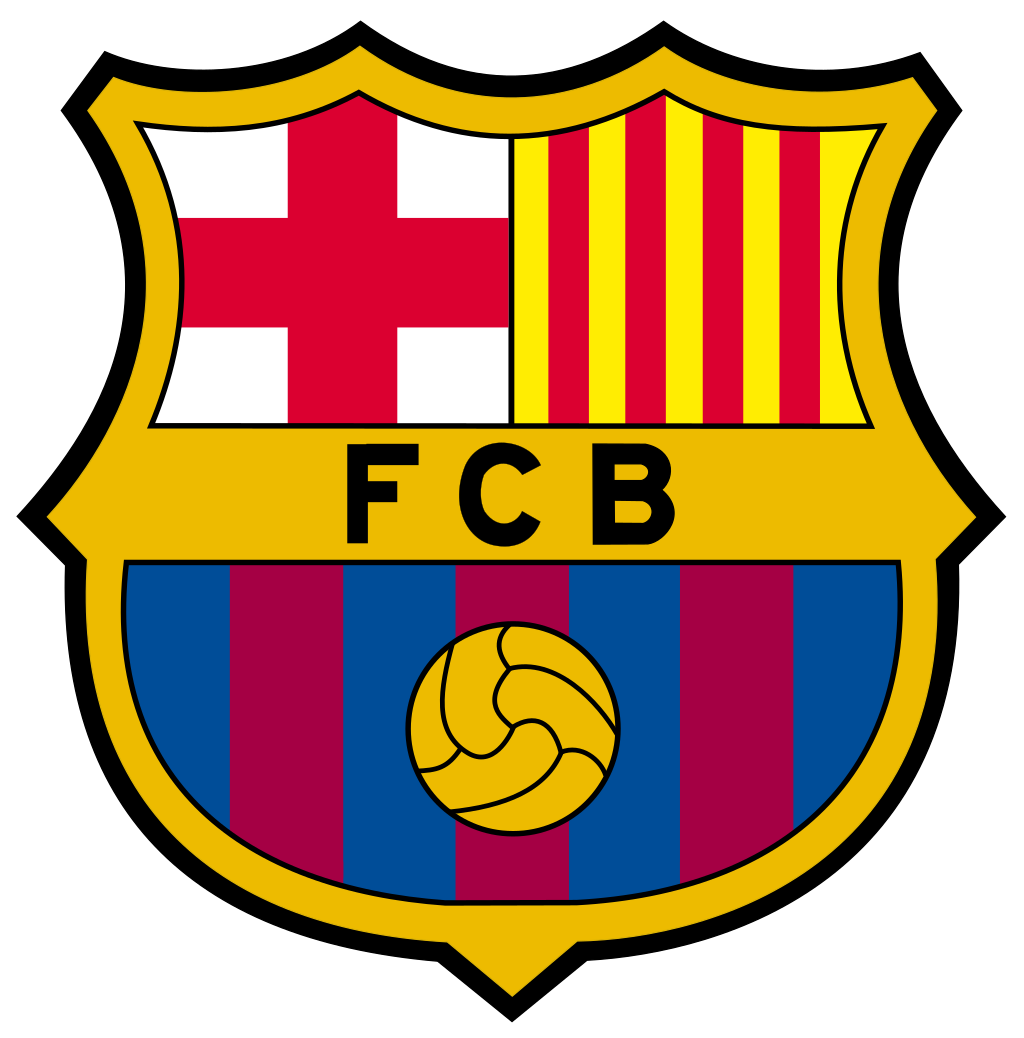On November 29, 1899, a group of enthusiastic footballers led by Swiss player Joan Gamper came together to establish what would become one of the most iconic and successful football clubs in the world – FC Barcelona. This momentous event marked the birth of a team that would not only dominate the football world but also become a symbol of cultural pride and identity in Catalonia.
Joan Gamper, a passionate footballer, arrived in Barcelona in 1898, and his love for the sport drove him to initiate the formation of a football club. With an advertisement in Los Deportes, a local sports magazine, Gamper called for interested players to join him in creating a team. The response was overwhelming, and on that fateful day in 1899, FC Barcelona was born.
From its humble beginnings, FC Barcelona quickly gained popularity and began to make its mark in the football world. The club’s early success can be attributed to the dedication and talent of its players, as well as the strong sense of unity and camaraderie within the team. As the years went by, FC Barcelona continued to grow and evolve, solidifying its position as a force to be reckoned with both on and off the field.
One of the defining characteristics of FC Barcelona is its unwavering commitment to its motto, “Més que un club” (More than a club). This motto encapsulates the club’s deep connection to the Catalan people and its role as a symbol of Catalan identity. FC Barcelona has always been more than just a football team; it is a cultural institution that represents the aspirations, values, and dreams of the Catalan community.
Throughout its history, FC Barcelona has been a beacon of hope and resilience for the Catalan people. During times of political turmoil and oppression, the club became a platform for expressing Catalan pride and resistance. The team’s colors, blue and red, are not just colors; they are a symbol of Catalan nationalism and unity.
Over the years, FC Barcelona has achieved unprecedented success on the football pitch. The club has won numerous domestic and international titles, including multiple UEFA Champions League trophies and La Liga championships. The team’s style of play, often referred to as “tiki-taka,” is characterized by quick, intricate passing and possession-based football. This style has not only brought success but also captivated fans around the world.
FC Barcelona’s success and popularity have also been fueled by the incredible talents of its players. Legends such as Johan Cruyff, Ronaldinho, and Lionel Messi have donned the famous Blaugrana jersey and left an indelible mark on the club’s history. These players, along with many others, have showcased their skills and brought joy to millions of fans worldwide.
Moreover, FC Barcelona’s impact extends far beyond the football pitch. The club is actively involved in various social and humanitarian initiatives, using its platform to promote positive change. Through its foundation, FC Barcelona has supported numerous projects focused on education, healthcare, and social inclusion. The club’s commitment to making a difference in society is a testament to its values and its understanding of the importance of giving back.
As FC Barcelona celebrates its founding in 1899, it is important to recognize the club’s immense historical significance and the role it continues to play in the world of football. From its humble beginnings to its current status as a global powerhouse, FC Barcelona has transcended the boundaries of sport and become a symbol of passion, unity, and cultural identity.
The founding of FC Barcelona in 1899 was not just the birth of a football club; it was the beginning of a legacy that continues to inspire and unite people around the world. The club’s rich history, its commitment to its fans and community, and its relentless pursuit of excellence have cemented its place as one of the greatest football clubs of all time.
References:

